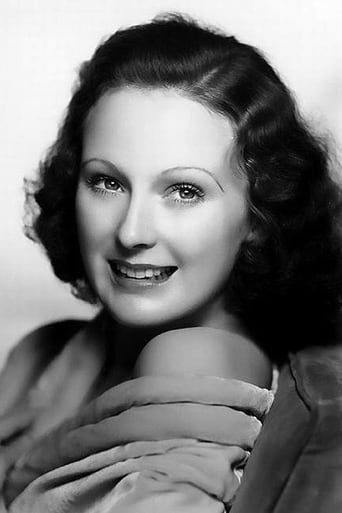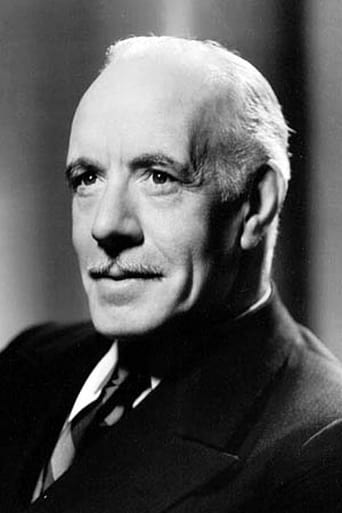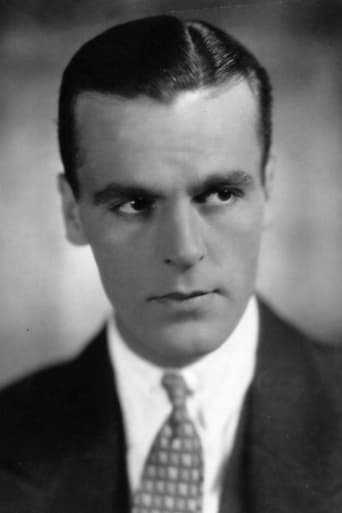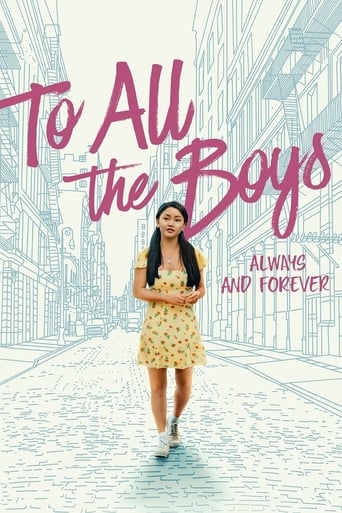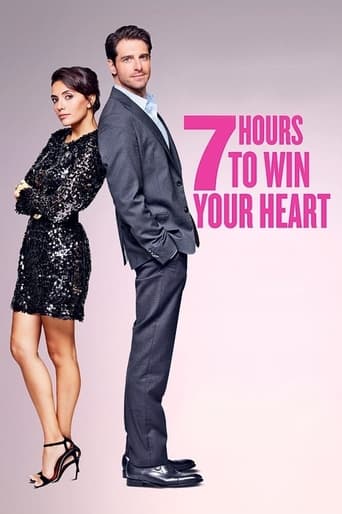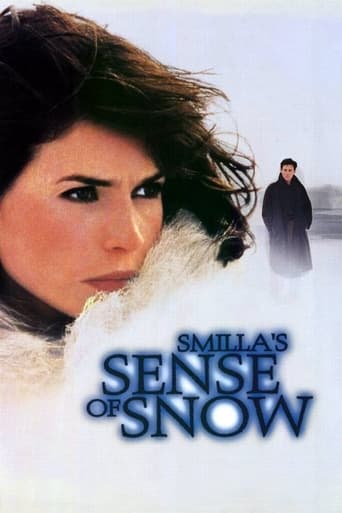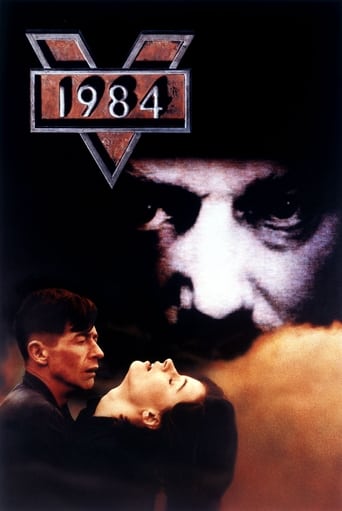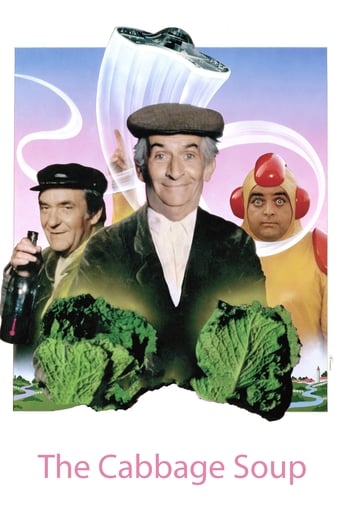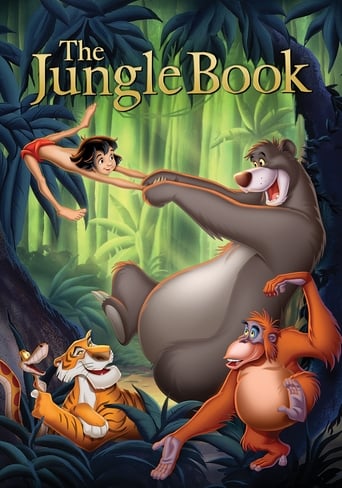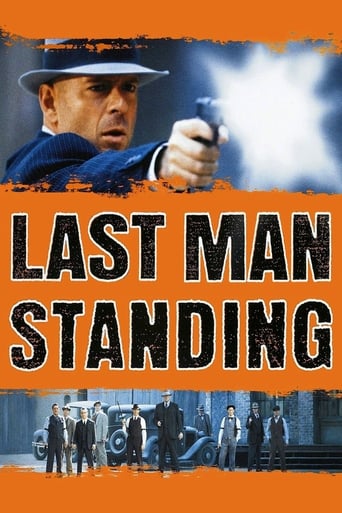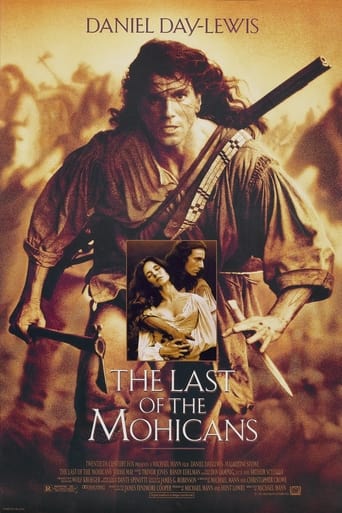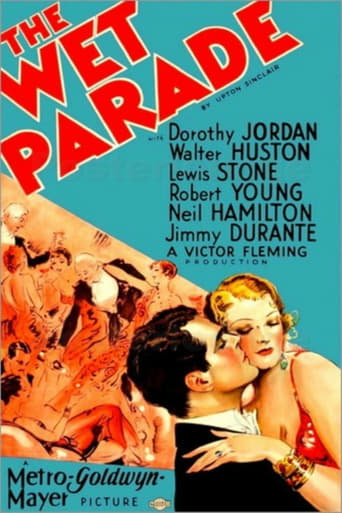
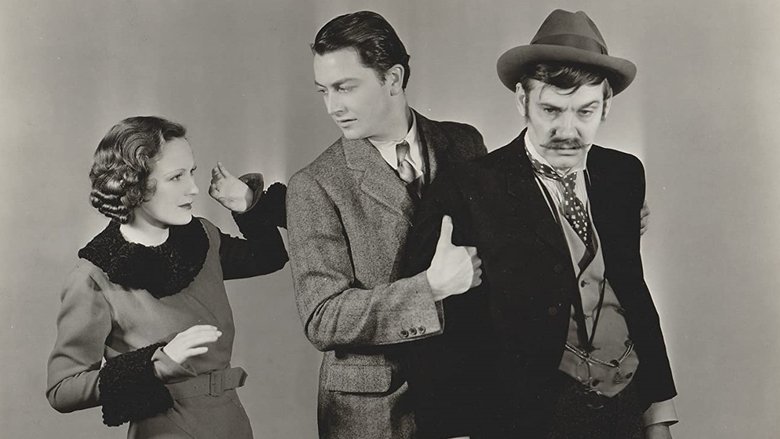
The Wet Parade (1932)
The evils of alcohol before and during prohibition become evident as we see its effects on the rich Chilcote family and the hard working Tarleton family.
Watch Trailer
Cast


Similar titles
Reviews
Excellent but underrated film
Don't listen to the negative reviews
It’s not bad or unwatchable but despite the amplitude of the spectacle, the end result is underwhelming.
Actress is magnificent and exudes a hypnotic screen presence in this affecting drama.
Wet Parade (1932)A heavy social message movie but really well made, with some touching, in fact moving scenes. There is the first layer of drinking and the damage heavy drinking does (with some dramatic examples!). Then there is a political level, with electioneering and a kind of lobbying by the characters—and the movie—regarding drinking. The year it begins is 1916, more or less, and it's the cusp of the beginning of Prohibition, just a year before the U.S. enters WWI. (The war is a side issue—one character wisely says, "War has no good side.") The acting is quite realistic—this is a truly serious and large drama—and so the events take on poignant significance. Even if it might, sometimes, seem to preach (barely), it always puts it in human terms, and human costs."I never did take it up," says one main character, to explain his not drinking. It makes it seem like a drug ("I never did take up pot") and that's really the underlying attitude on both sides. Of course, there are lots of scenes of drunks and parties leading to good old drunkenness. One of the reasons for voting for Prohibitions is shown as economic—50 million bushels of wheat and rye were going to making drink, and in war time this was wrong.Remember that the movie was made in 1932 just as Prohibition was being repealed. I don't think it was simply a reminder to the audience of the history of the whole 14 year experiment in teetotaling. Progressive (Democratic) President Wilson did not approve the idea, but the states went ahead and ratified the amendment (not including some notable hold outs like Kentucky, home of great Bourbon). So, as a movie, there is a lot going on. Before the first hour is up we have one plot transform into another and then yet another. In a way it's quite remarkable. Director Victor Fleming is seven years away from his glory year (1939) and yet is showing a sustained intelligence and narrative savvy. And the camera keeps moving with engaging fluidity, the light varies greatly from night to day to night, and the editing is fast and intelligent. This is, technically, a superb movie.Now you might object to a certain level of moralizing—the drinkers are often cads or losers—but there is enough complexity of message to make this work overall. There is a sense that everyone (nearly) admits that Prohibition is a hopeless, and maybe senseless cause. As the plot moves toward its dramatic mobster climax, it feels more about pure crime than a moral issue, which got lost along the way.But that's perhaps what happened to the country, too, back in the long dry years of the 1920s. Which were not so dry after all, for many. Hypocrisy and irony abound. A truly interesting movie.
This was obviously a stellar production from MGM, designed to showcase it's roster of young up and coming stars. Dorothy Jordan had been around since 1930 and she was pretty and sweet and had played enough waifs, kid sisters and even Latin ladies to be considered for the lead. Playing opposite her was a young actor who MGM was grooming - Robert Young. Myrna Loy (in a pretty thankless role), Joan Marsh, Wallace Ford and Neil Hamilton rounded out the cast and they were ably helped by two stage and screen veterans - Lewis Stone and Walter Huston. Taken from a book by social commentator novelist Upton Sinclair, it tried to show how Prohibition was the cure that was worse than the disease. The story tells of two families, the Chilicotes from the South and the Tarletons from the North and how their lives are affected by drink.Sweet "Persimmon" Chilicote (Dorothy Jordan) is determined to keep her distinguished father (Lewis Stone) away from the booze that is turning him into the town laughing stock. When, in a fit of the D.Ts., he leaps to his death Persimmon makes an impassioned speech to her father's "friends" that she would love to see the day when alcohol is poured into the gutters (shades of Prohibition).Little does she realise that her brother, budding playwright Roger (Neil Hamilton) is following in their father's footsteps. He is staying up North at a friend Kip Tarleton's (Robert Young) hotel. Kip is in the same boat as Persimmon, his father's alcoholism is tearing the family apart. Tarleton Snr. (a madly overacting Walter Huston) is a political campaigner for the Democrats, who believes Wilson will not only keep them out of the War but also vote against Prohibition as well. He is wrong on both counts as America goes to War and the Pure Food Act is signed, signalling the start of Prohibition. I think the movie strives to put across that Prohibition wasn't the answer, that people who had been seasoned drinkers before were now at the mercy of unscrupulous bootleggers, whose toxic additives to the brew eg methylated spirits, were, in some cases, sending some drinkers insane. There is a telling scene that shows the true meaning of the phrase "Bonded in Canada". From the time the poisonous menthol is poured into bottles, to the phoney Canadian bags that are doused in water, then rubbed in sand to make them look authentic, it is a real eyeopener!!!Kip sees his father kill his mother (Clara Blandick) while under the influence of bootleg liquor and is inspired to become a Federal Agent - he has already met Persimmon and she encourages him in his determination. His partner is played by Jimmy Durante - "I've got a million of them"!! - whose presence really lightens the movie. Neil Hamilton is also a cut above his part as he espouses "War has no right side" and cynical remarks about prohibition. Every alcoholic cliché is thrown in, including the one about drinking bad whiskey will make you go blind - that happens to Roger and sends callous Eileen (Myrna Loy) running from the building. A big plus, for me, in this movie is that neither Jordan nor Young deviate from their "right" paths. Young's Kip has so many opportunities, even his boss (played by John Miljan) almost throws in the towel and thinks of joining the "baddies". MGM found in Young an all purpose leading man and his career didn't vary, until he did a handful of Noirs at the end of the 40s. Funnily enough, in the 50s, he confessed to being an alcoholic but had sought help.Highly Recommended.
As Maltin notes in his yearbook: this film manages to be both anti-liquor and anti-prohibition. Presumably the viewer is supposed to conclude that moderate drinking is OK. There are some really good performances: both Lewis Stone and Walter Huston are superb in their respective halves of the film: Stone as a too-convivial Southern gentlemen, and Huston as the proprietor of a run-down hotel who cadges drinks or even steals to support his habit. We see both die as a result of their consumption. Then, having persuaded us of the evils of alcohol and shown us the arguments for government control, we see how prohibition, with its bootleggers,speakeasies and phony liquor made America's drinking habit worse; which is probably true. All the performances are good, especially Neil Hamilton as the southern son following in his father's footsteps. The one curiosity is Jimmy Durante, under contract with MGM at the time, which wasn't doing many musicals or comedies (his teaming with Buster Keaton achieving only modest success)as a federal agent, and to see him struggling to keep down his Ha-Cha-Cha routine. He even got to do a deathbed scene; and not too shabbily. It is a two hour movie that tries to do too much, and could easily have been cut down to one and a half hours. But Stone and Huston, with good supportm make this an eight for me.
I loved The Wet Parade and gave it a 10. I loved it because it clearly depicts the pain and suffering caused by the loss of free will, whether through addiction or government imposed sanctions. I found the film to be as relevant today as it was when it was released in 1932, just months before the repeal of Prohibition. There is no attempt to provide a solution, just a vivid picture of the problem. A problem which continues to grow in magnitude.


